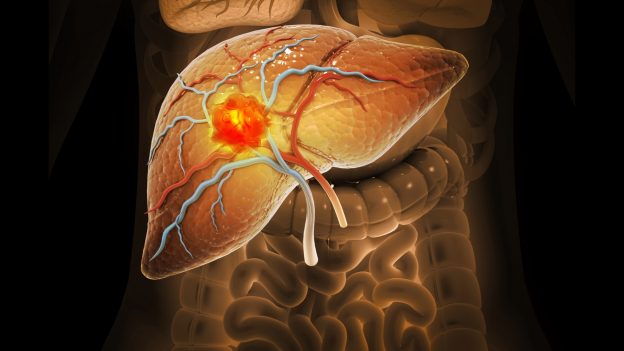Introduction
Hepatocellular carcinoma (HCC) is the most common type of primary liver cancer, often arising in the context of chronic liver disease and cirrhosis. This article summarizes the key points discussed by leading experts in the field, focusing on innovative treatment strategies and the evolving landscape of HCC management.
Understanding Hepatocellular Carcinoma
What is Hepatocellular Carcinoma?
Hepatocellular carcinoma (HCC) is a primary malignancy of the liver, originating from hepatocytes, the main type of liver cell. It is closely linked to chronic liver diseases such as hepatitis B and C infections, alcohol-related liver disease, and non-alcoholic fatty liver disease (NAFLD).
Causes of HCC
The development of HCC is often associated with several risk factors, including:
- Chronic infection with hepatitis B virus (HBV) or hepatitis C virus (HCV)
- Excessive alcohol consumption leading to liver cirrhosis
- Non-alcoholic fatty liver disease (NAFLD) and non-alcoholic steatohepatitis (NASH)
- Exposure to aflatoxins, which are toxins produced by certain molds found in food
- Genetic metabolic diseases and other conditions that cause liver damage
Treatment Innovations in HCC
New Targets and Mechanisms
Recent research has identified novel therapeutic targets and mechanisms for treating HCC. These include:
- Immune Checkpoint Inhibitors: Drugs that target immune checkpoints such as PD-1/PD-L1, CTLA-4 (Cytotoxic T-Lymphocyte-Associated Protein 4), LAG-3 (Lymphocyte-Activation Gene 3), TIGIT (T Cell Immunoreceptor with Ig and ITIM Domains), and TIM-3 (T Cell Immunoglobulin and Mucin-Domain Containing-3) have shown promise in enhancing the body’s immune response against cancer cells.
- Cytokine Targeting: Therapies aimed at cytokines like IL-27 and GDF15 (Growth Differentiation Factor 15) are being explored for their potential to modulate the immune environment and improve treatment outcomes.
- Bispecific Antibodies: These antibodies can simultaneously bind to two different antigens, offering a targeted approach to attack cancer cells more effectively.
Highly Exploratory Treatments
Emerging treatments under investigation include:
- CAR-T and TCR Cell Therapies: These involve genetically modifying a patient’s T-cells to better recognize and attack cancer cells.
- Oncolytic Viruses and Vaccines: These therapies aim to stimulate the immune system to recognize and destroy cancer cells.
- Targeting β-catenin and HDAC Inhibitors: New agents that inhibit specific pathways involved in cancer cell growth and survival are being tested for their efficacy in HCC.
Clinical Insights and Treatment Strategies
First-Line Treatments
The current first-line treatments for advanced HCC include combinations of immune checkpoint inhibitors and VEGF inhibitors, such as:
- Atezolizumab plus Bevacizumab: This combination has shown significant improvements in overall survival and progression-free survival in patients with advanced HCC.
- Tremelimumab plus Durvalumab: Another promising combination that has demonstrated efficacy in clinical trials.
Subsequent Lines of Therapy
For patients who do not respond to first-line treatments, subsequent therapies are crucial. Options include:
- Tyrosine Kinase Inhibitors (TKIs): Drugs like Sorafenib, Lenvatinib, and Cabozantinib are used in various lines of treatment to inhibit cancer cell growth and proliferation.
- Combination Therapies: Ongoing trials are investigating the efficacy of combining different therapeutic agents to overcome resistance and improve patient outcomes.
Conclusion
The landscape of hepatocellular carcinoma treatment is rapidly evolving, with numerous innovative therapies on the horizon. The presentations at the recent congress highlighted the importance of targeting new pathways and utilizing combination therapies to improve patient outcomes. As research continues, the hope is that these advancements will translate into more effective and personalized treatment options for patients with HCC.
